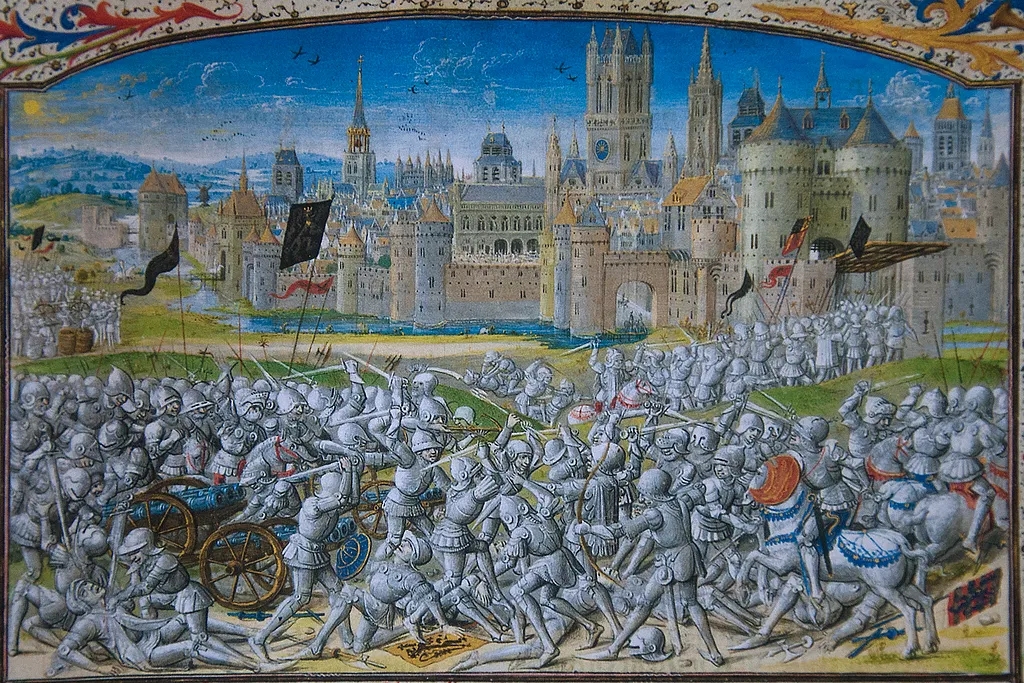Aldarion
 Archmage
Archmage

Reasons for War in Premodern Societies
Wars do not happen without reason, even if some reasons may seem stupid to modern readers. This is important, because objective of the war also determines the conduct of the war. War whose objectiv…
 warfantasy.wordpress.com
warfantasy.wordpress.com
Wars do not happen without reason, even if some reasons may seem stupid to modern readers. This is important, because objective of the war also determines the conduct of the war. War whose objective is completely conquering the enemy country will not be fought in the same way as a war whose sole objective is capturing slaves. No country, government or organization is evil simply to be evil – evil people are typically convinced they are doing good! – which means that a war has to have some purpose to achieve. Establishing believable reason for the conflict that drives the story can help in making both the world and the story more internally consistent and immersive.


 Myth Weaver
Myth Weaver